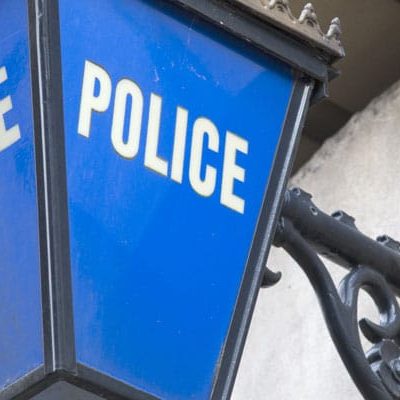The Police are under-resourced and underfunded, so it is not surprising that they sometimes get things wrong or do not follow the correct procedure.
Unfortunately, individuals can suffer as a result.
Legal action against the police principally includes wrongful arrest, unlawful imprisonment, and assault or injuries resulting from excessive force that has been used during restraint/arrest.
However, there can be other types of misconduct, such as:
- Malicious prosecution – where a false allegation has been made and is pursued without merit (see our False Allegation page for further detail);
- Human Rights Act breaches;
- Trespass to property or goods (e.g. if police forcefully enter your home without a warrant, with a defective warrant or damage your property or possessions);
- Discrimination (e.g. racial, sexual, religious etc);
- Breaches of the Police and Criminal Evidence Act 1984 (PACE).
Common examples of misconduct that you may have been subjected to include:
- A wrongful arrest and detention in police custody. Should you, for example, have been offered a voluntary interview?
- The feeling that you may have been detained in custody longer than was necessary for the police or Crown Prosecution Service to charge, bail, or release you;
- An assault occasioned by a member of the police;
- A failure by the police to properly investigate allegations against an individual leading to you or family members suffering harm at the hands of that individual later.
Claims Against The Police For Assault and Battery
Any physical force that has been used during an arrest must be reasonable and proportionate.
The arrest itself must also have been lawful, otherwise, it may be considered assault.
Claims Against The Police For Wrongful Arrest And Unlawful Imprisonment
The power to arrest a citizen should only be used by the police as a last resort.
There must be a lawful reason to make an arrest in the first place. Otherwise, this can be a wrongful arrest.
In making an arrest, a specific procedure must be followed.
Amongst other things, the arresting officer must identify themselves, tell you what crime you are suspected of having committed, and explain why an arrest is necessary.
There has to be a rational basis for rejecting any practical alternatives to the arrest. The arresting police officer should not just pay lip service to PACE requirements but must show genuine consideration, as the process is not simply a matter of box-ticking.
If you become aware that a police officer wants to speak to you, it is important to contact us so that we can try to arrange a voluntary interview on your behalf. The mere fact that you have been arrested, even if the matter is not pursued, can impact on employment and travel documents or show up on an enhanced Disclosure and Barring Service (DBS) certificate.
Once you have been arrested, you can only be held in police custody for up to 24 hours – after that, the police must either charge you with a crime or release you. Extensions at the police station can only be applied for in certain circumstances. If you are held for longer than appropriate, this can constitute unlawful imprisonment.
There are some circumstances under which you may have a claim for false imprisonment by the police even if you were not actually taken into custody, for example, misuse of stop and search powers.
There are procedures which the police must follow while you are in custody. If these are not followed, then any ongoing detention could be unlawful.
Furthermore, if an arrest is unlawful then the time spent in custody is considered to be false imprisonment. Any amount for damages would depend on how long you were unlawfully detained.
If you would like to speak to our expert legal team about this, or any related subject then please contact our team by phone on 0207 936 6329, Email or by completing our Quick Contact Form below.

